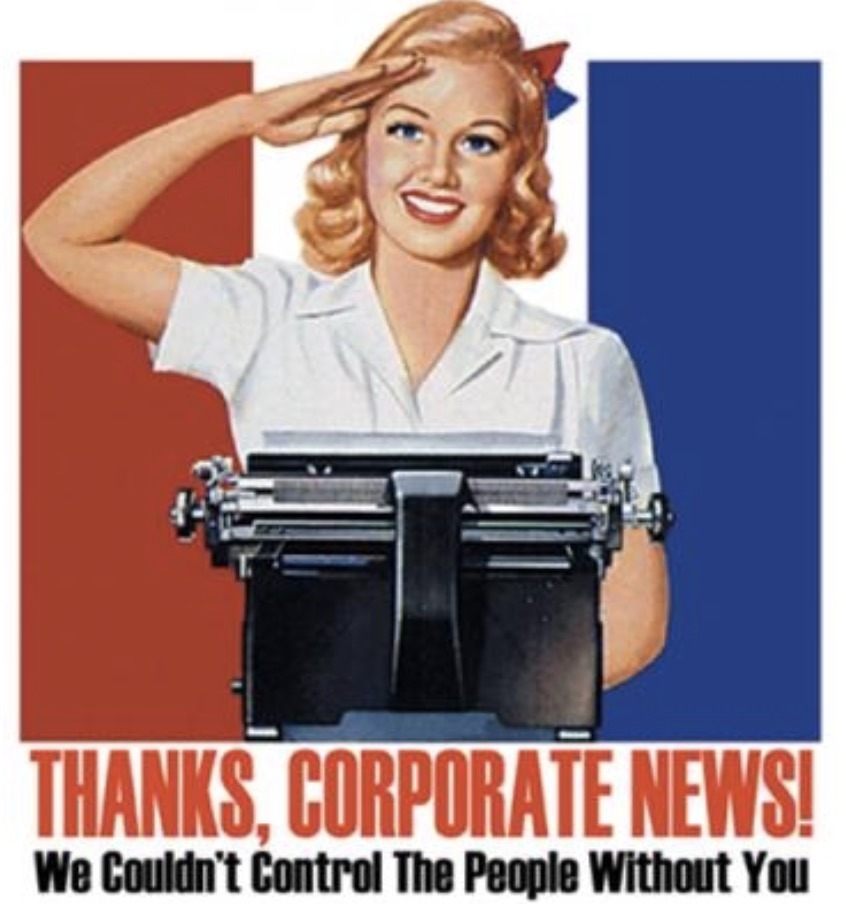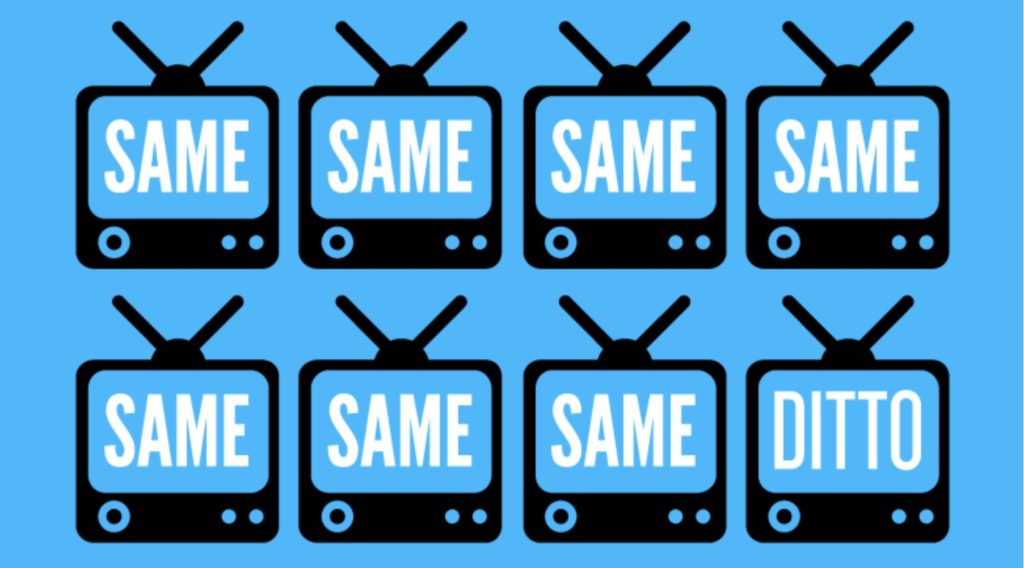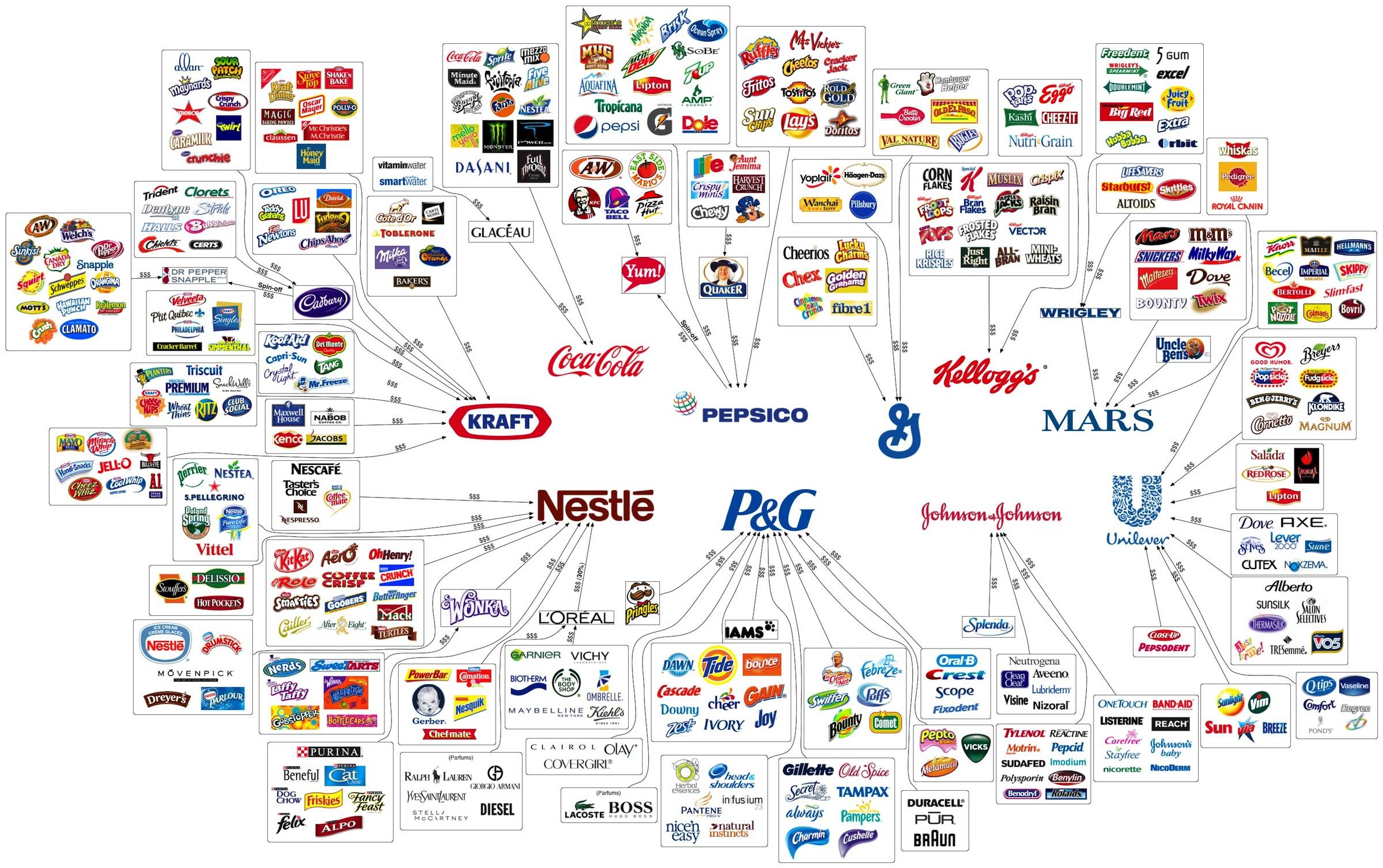On July 4th, journalist Heather Bryant published an important article on Medium that I think everyone should read and think about. Her story should make all of us uncomfortable, not just about the state of journalism, but also about how each of us thinks about class and the people around us doing under-appreciated, but vital work.
Below are some excerpts from the piece, but it’s worth reading the entire thing.
I was talking to this person whom I’d just met. They told me about their job and where they worked. They asked me about mine. I told them I’d worked in public media in Alaska before moving to the Lower 48. I was a couple of months from wrapping up my time as a John S. Knight Fellow at Stanford. They asked about what I worked on and I explained my research around collaboration in journalism and that I intended to continue working in this space after the fellowship ended.
“Well, what does your husband do?”
“He’s a truck driver and a mechanic.”
“…Oh.”
“Yeah, right now he drives for a trash company.”
“That must be…an interesting perspective to have around.”
While they didn’t explicitly say it, the person was very much thrown off by the nature of my husband’s work. I was left with a very strong feeling they were expecting a more middle-class answer than a garbage worker. Their facial reaction has been stuck in my head for a while now. Surprise. A little confusion. And just enough distaste to notice. Obviously, this one instance isn’t representative of an entire industry. But it is a symptom.
Journalism has a class problem. We know this. The best internships are for students with the resources to work unpaid or with low pay in some of the most expensive cities in the country. Conferences are expensive and often hosted in expensive cities making it difficult for smaller newsrooms to send reporters. The bulk of the jobs are clustered in major metropolitan areas. That’s not to say people without means don’t make it into journalism. They do. But it’s a longer, rougher road with far fewer people making it to the end.
She touches on something truly fundamental to journalism these days. Why is it that so many of the fellow journalists she interacts with have a similar reaction when they find out what her husband does? It’s partly because so few of them have spouses, parents, siblings or close friends who perform these sorts of jobs. For instance, let’s say Heather one day bumps into a journalist whose brother who is also a truck driver. Think about how differently that conversation would go. There’d be an instant connection and understanding. Instead, it appears most other journalists she comes across react with near shock that someone who drives trucks somehow could be married to a journalist who went to Stanford. This is in fact, pretty troubling.
Donate bitcoins: 35DBUbbAQHTqbDaAc5mAaN6BqwA2AxuE7G
Follow me on Twitter.





